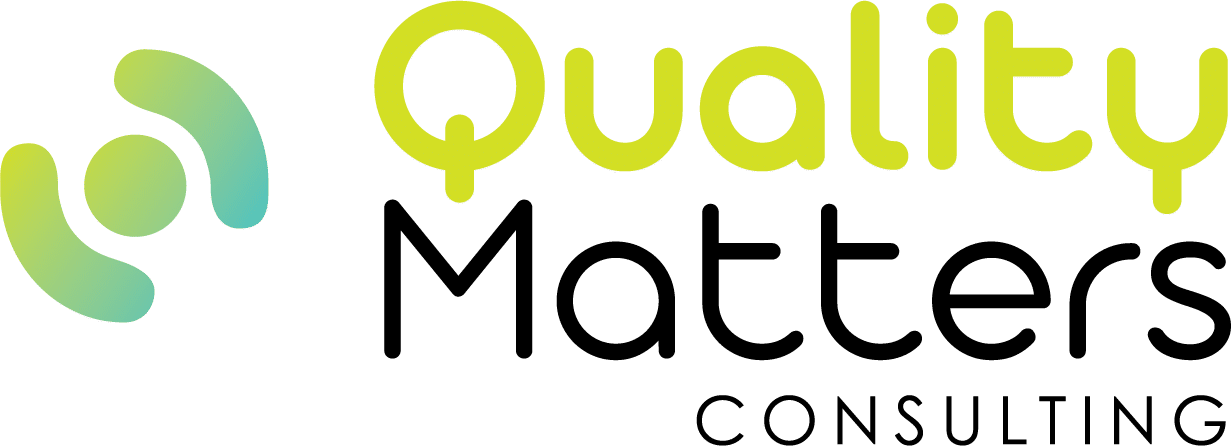
By Katrina Armstrong
This month the NDIS Commission dropped new NDIS Practice Standards. The NDIS Commission has made the changes following consultation across the sector, a review of deaths of people with disability, and evidence from the Disability Royal Commission.

The changes in a nutshell
The revised standards aim to improve NDIS provider mealtime management practices and ensure mechanisms are in place to respond to critical events such as the COVID-19 pandemic.
There are three new standards relating to mealtime management, severe dysphagia management (under Module 1) and emergency and disaster management in addition to a range of tweaks and additions to existing standards.
There are also changes across a number of standards to ensure that participants are involved in emergency planning and that these arrangements are documented in their service agreement and support plans. There is also a greater emphasis on infection control, including training for workers in safe infection control practices.
Providers will also need to update staff contact details, monitor secondary employment and identify contingent workforce arrangements.
QMC supports the improved practice standards
The new standards introduce measures to further enhance protections and support of people with disability. New mealtime management standards could not have come soon enough. While there was some guidance on mealtime support buried in the skills descriptors, having mealtime support embedded in the practice standards will help to prevent many avoidable hospitalisations and deaths from aspiration, choking and failure to follow a person’s dietary requirements, such as people living with diabetes, allergies and other medical conditions – see our dedicated article on mealtime management below.
As the sector becomes increasingly fragmented under the NDIS it is imperative that service quality is not eroded. We hope these practice standards give providers the guidance they need on minimum requirements to ensure a safe service delivery environment to participants.
What does this mean for existing NDIS providers?
The NDIS Commission has published information about the changes and transition timeframes here:
Mealtime management
QMC welcomes the addition of new NDIS practice standards that address mealtime management under Safe Environment and Severe Dysphagia under Module 1.
Why is this so important?
I’m not a dietician or a speech pathologist, but I have spent over 15 years managing disability services that support people with nutrition and swallowing issues, including severe dysphagia. I have been surprised and disappointed that there hasn’t been more guidance around dysphagia from the NDIA and NDIS Commission as the NDIS has rolled out nationally.
Sometimes you must go back in time to see how history repeats itself.
Many years ago in NSW, the NSW Ombudsman became so concerned about the number of avoidable deaths of people with disability that they instigated a reportable death notification scheme. One of the factors in many avoidable deaths was people choking because they did not have an appropriate mealtime management plan in place or staff just were not following it if they did have one.
Sadly there were many deaths from such a common everyday occurrence as eating chicken nuggets. When people have poor swallowing mechanisms, they can aspirate on food such as nuggets and develop pneumonia. In response, the NSW Government introduced a range of helpful nutrition and swallowing resources for disability support workers, which sadly are now not easily available.
In the service I managed we had clear protocols for mealtime management. Staff were inducted and trained in knowing how to prepare the required consistency and texture of food contained in each person’s mealtime plan. We all became Jedi masters at using a blender and food processor.
People’s mealtime management plans included photos as examples of the consistency required. We also knew the speed we should be supporting someone to eat. We were supported by a team of wonderful, allied health care staff such as dieticians and speech pathologists to provide the best mealtime management support possible. One of the positive outcomes of the introduction of these resources and practices was the number of avoidable deaths in NSW started to decline.
Why am I telling this story? Because as wonderful as transition to the NDIS has being for people with disability, there has also been a lot that has been forgotten about quality and safety in support for people with complex needs, including people with dysphagia.
What can NDIS providers do to comply?
Speak to us today about upgrading your existing system to comply with the new requirements. Having worked in the sector for many years, we know the information and tools you need to provide a great service and ensure compliance.


